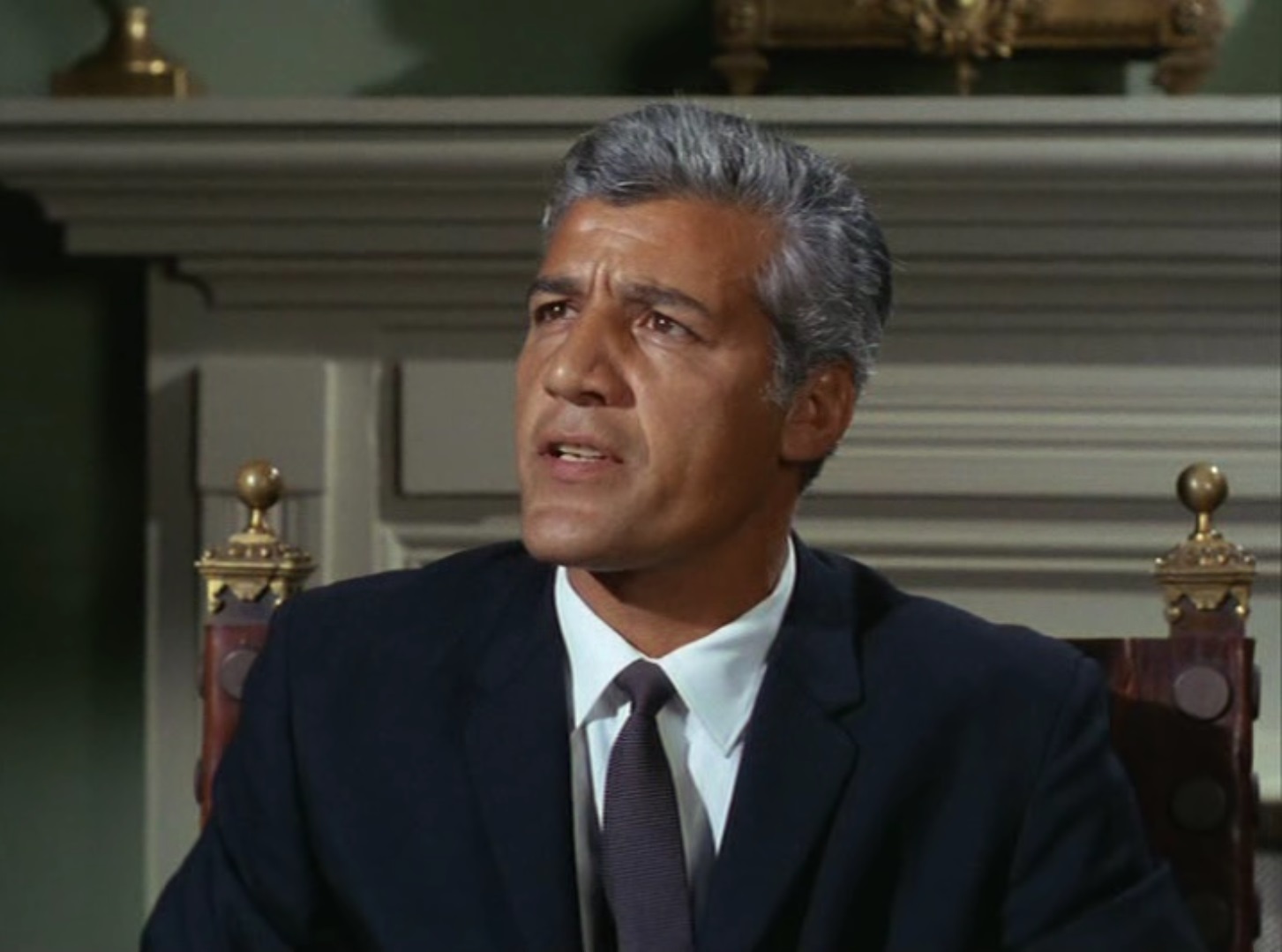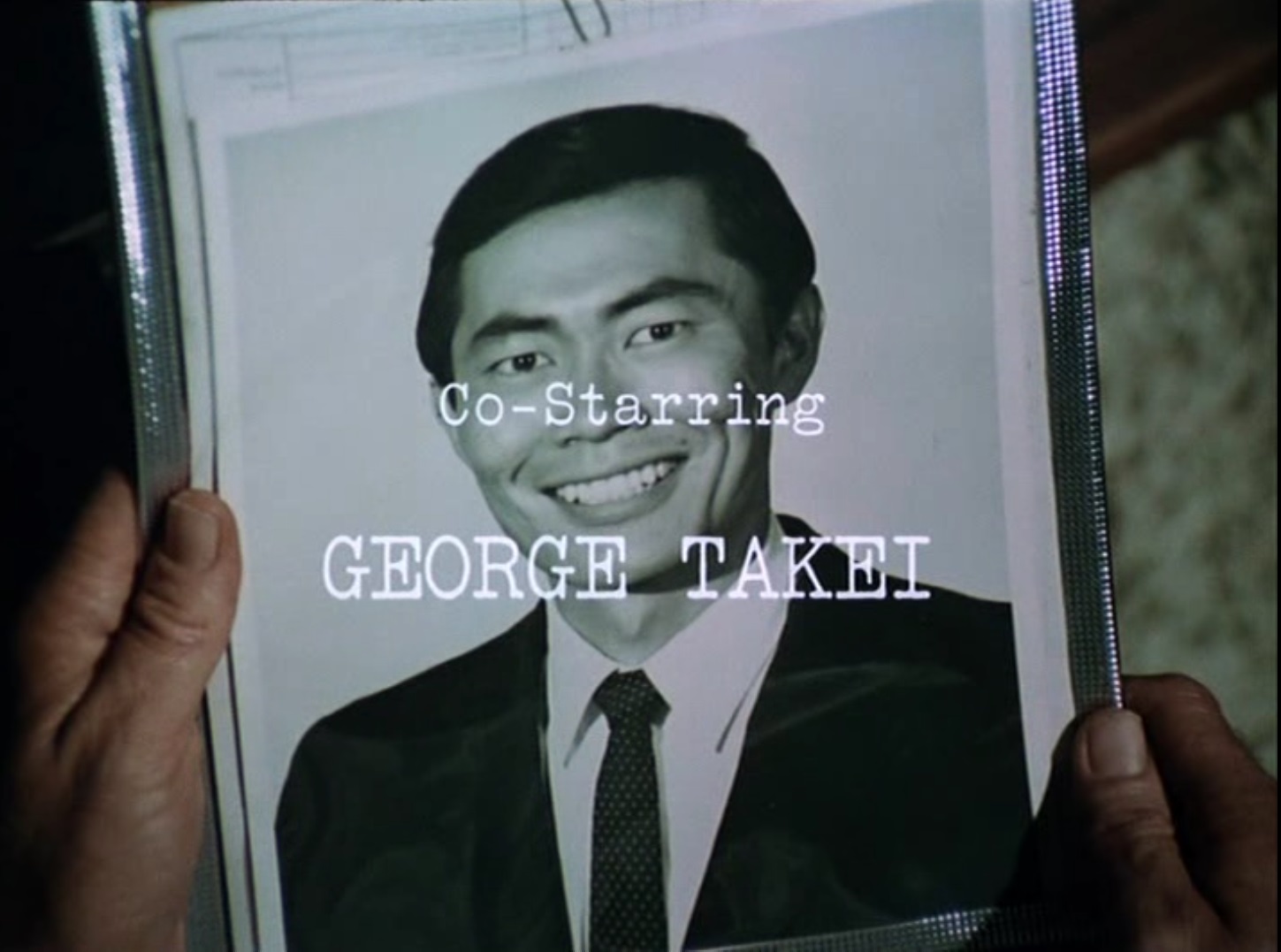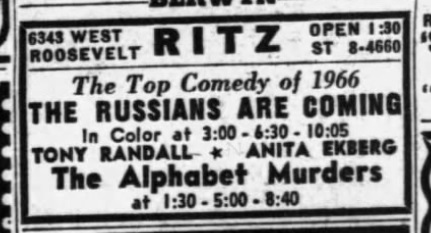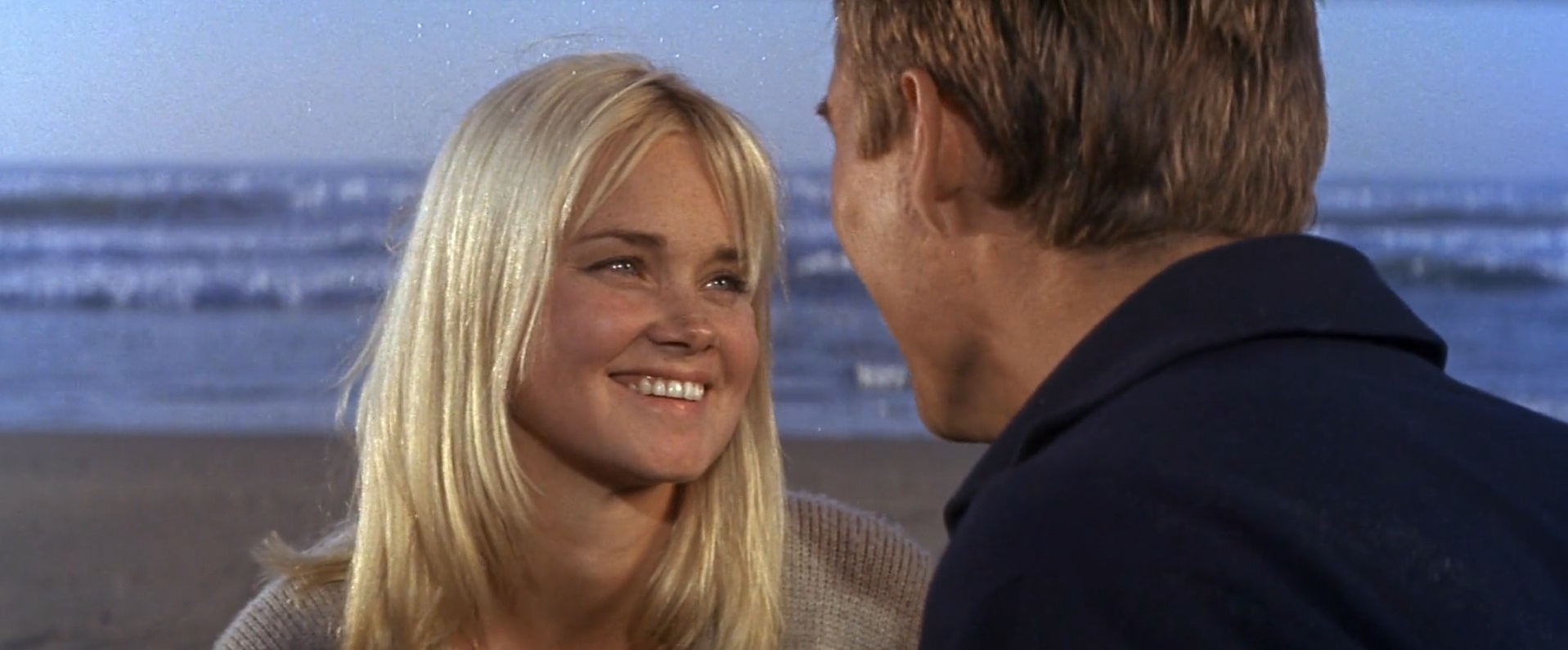The specific example I cited lists six names from the end credits, three of which (Jerry Finnerman, Roland M. Brooks, Walter M. Jefferies) appear on a single screen that's up for barely 3 seconds. Without videotape or screengrabs most people would have to compile these over a series of episodes, assuming they don't change from episode to episode. I'm not saying it's impossible, but it struck me as unlikely. YMMV.
Ahhh, I see the one you're referring to. I'm okay with it. Indeed, one of the folks on our team is actually a member of the Costume Design Guild (and thus gets to be back then, too). She'd actually follow, and just know offhand, the creative team. You're right that the average viewer might not be up on or care about such things, but we're supposed to be the AP of fandom.
Do you mean "Miri" town? Because it is Mayberry: the 40 Acres backlot and you can plainly see Sheriff Taylor's courthouse. (To anyone reading this not in the know, on Andy Griffith they shot the location such as to de-emphasis the height of buildings to make it feel like a small town, whereas in "Miri" they go wide and you see the true height of buildings that you never say in Mayberry, so it doesn't necessarily register as the same place to most people.)
A ha! Well, cool. I was just guessing. I don't know what all is on the Desilu back lot (which I'm sure we also see in spliced scenes in
I, Spy all the time), but I knew Mayberry was there somewhere.
You bet! It's language betrays lots of supposed period writing, so I very much appreciate your trying to get the reviews to "sound" right. As you obviously know, it's extremely tricky to do.
I'm often npse-deep on the memos and letters in the Gene Roddenberry and papers and you get a feel for how people wrote back in the day. It was more formal to be sure. Many of today’s colloquial invectives would be alien for 1966, and even words in use then and now sometimes meant something different then (e.g. "asshole" was uncommon outside the military or veterans and shaded more towards the later "dweeb" and "wuss", whereas in recent generations it mostly functions as a replacement for the out-of-fashion "sonofabitch"). Mad Men was pretty good about the language but the writers didn't always quite grasp the vernacular of the time, hence things like the "you need to" when people then were more likely to say "you ought to".
Exactly! And it's easier to look up words than expressions, though Google NGrams is helpful. Mostly, you just have to pick it up through endless reading of contemporary stuff, watching of shows, and like that. (speaking of idiomatic constructions that don't exist anymore).
I feel your pain. We fight this perception on
Fact Trek all the time. Those people haven't watched enough 1960s TV outside some sitcoms and genre shows, or have invested in the pervasive myth of
Star Trek exceptionalism. Over on CBS
The Defenders was hitting subjects as controversial as teen pregnancy and abortion back in 1962.
It was an extreme case to be sure, but there were shows as or more progressive than
Star Trek before and during
Star Trek.
The Rejected came out in 1961! And
East Side/West Side is another fantastic, progressive show. But
Star Trek is pretty exceptional in that it's at the edge of the bell curve for TV of the time. I've been watching TV regularly since 1961 (when I started the TV station) and
Trek is a revolution in a lot of ways. "The Cage" in particular (which we're going to get to see some of in "The Menagerie" tonight) was, pun intended, light years ahead of anything that had been on the air in 1964. In its diversity of crew (women ain't treated great in the post-pilot show proper, but they're
there<), and its maturity of science fiction (compared to, say,
Twilight Zone, most of
Outer Limits, and definitely the Irwin Allen shows).
By the way, your site is really cool, and it's a delight getting to share this conversation with you!







